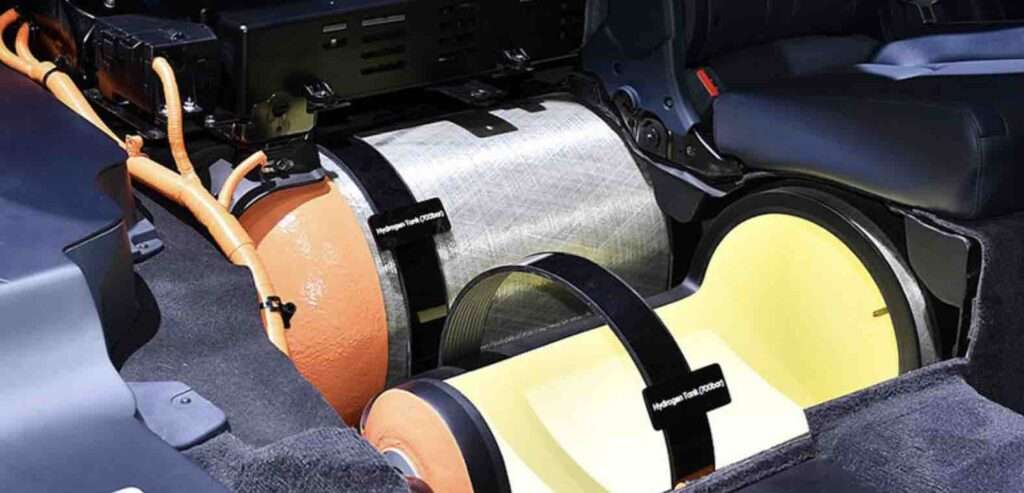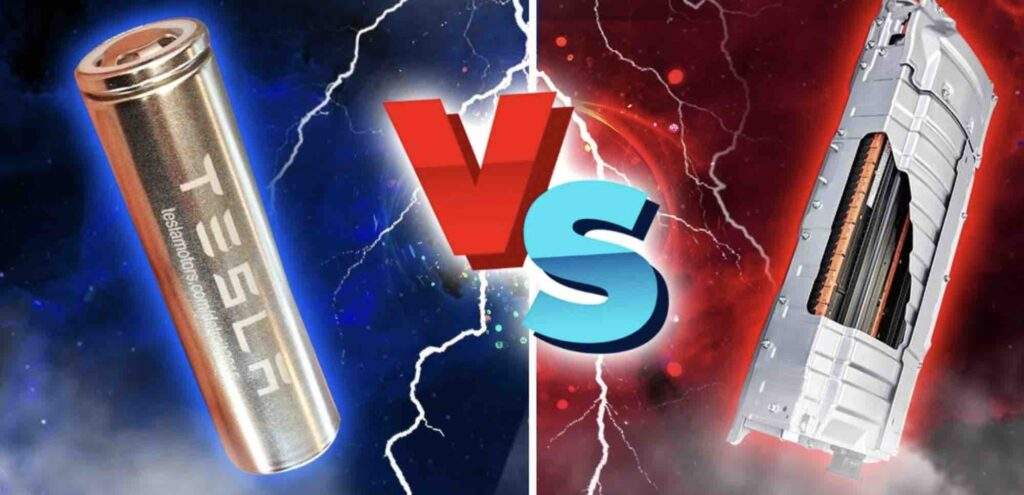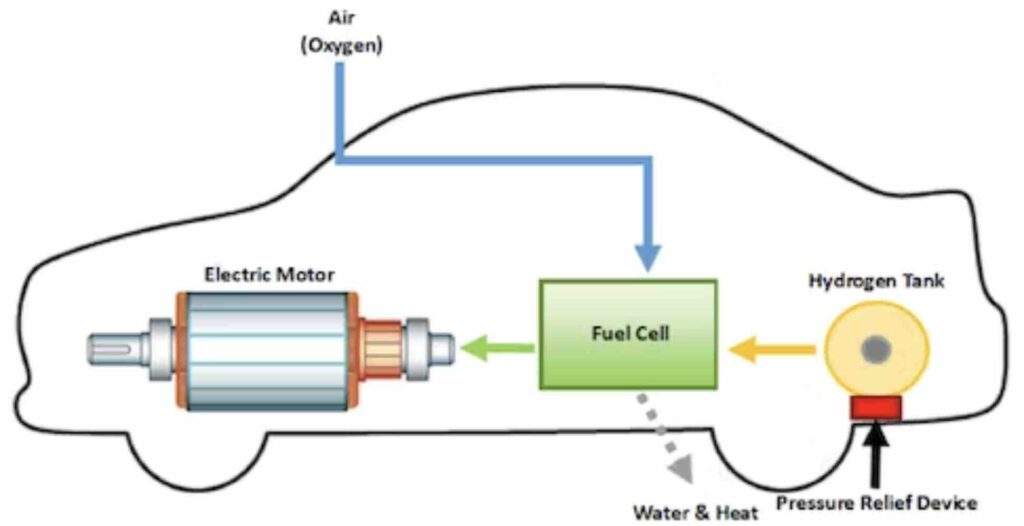Last updated on December 9th, 2022 at 08:26 am
Why Hydrogen is Not Used As a Fuel Today? It is interesting to know that there is no pure source of hydrogen on earth because of its high combustive tendency. Although the most common method of producing hydrogen is through electrolysis- where the components of water- hydrogen, and oxygen split to create electricity with an expensive catalyst, this requires an electrical battery.
Similarly, you can produce hydrogen from methane (natural gas) in a procedure that propels the release of CO2 and other greenhouse gases.
Related Article:How To Make Hydrogen Fuel Cell For Car?

Why Hydrogen is Not Used As a Fuel Today?
To get this straight, hydrogen production directly or indirectly returns to burning fossil fuels.
Firstly, hydrogen engines are inefficient, have a high maintenance cost, carry more energy per weight and high volume than lithium batteries, and are noisy. Additionally, the compression of hydrogen fuels in hydrogen engine fuels is costly in high-pressure tanks, which would entail energy-meaning that it experiences slowly bleeds out of the tank during the transportation stages. Thirdly, hydrogen engines use fuel cells to transform chemical energy into electrical power. However, the production of fuel cells is expensive and complex to assemble materials such as platinum to make hydrogen engines possible and not at a fast rate compared to fossil fuel production.
So far, this informative guide would tend to examine, explore and provide necessary solutions to these typical questions and issue arising from the following; how much hydrogen is needed to run an engine, can you convert a gas engine to a hydrogen engine, why does Elon Musk not like hydrogen fuel cells, are hydrogen engines loud, can I convert my diesel car to hydrogen, and more.
Let’s quickly get into this guide as you thoroughly study between the lines!
How Much Does A Gallon Of Hydrogen Fuel Cost?
In the automobile world, fuel cost is always vital since it powers the vehicle, which will indeed be considered a factor in any decision. However, unlike conventional cars, you can measure hydrogen fuel in kilograms and not likely in gallons or liters. Hence, the cost of hydrogen fuel for hydrogen engines is between £10 to £15/kg in London and about $16/ kg in the US, perchance by math conversion, $16 for a gallon. So, the range cost for a gallon is between $14 to $17.
Essentially, renewable hydrogen produced through the electrolytic method is about $3 to $6 per kilogram. However, there is anticipation that these costs will significantly drop in a couple of years since most governments are investing in high technology and infrastructure mandates to curb fossil fuel’s effects on the ecosystem.
How Much Hydrogen is Needed To Run An Engine?
Although hydrogen supplementation is subject to the law of diminishing returns, it could enhance the engine’s efficiency to an extent; as you provide much hydrogen to its motor, the hydrogen loses its performance and effectiveness. Hence, the amount of hydrogen required depends on the engine size. For instance, a 3Liter hydrogen engine would have 0.5 Liter per minute. Similarly, a 1Liter hydrogen engine would also have 0.15 Liters per minute. Consult the manufacturer’s manual for your vehicle’s specifications on the amount of hydrogen gas your car needs.
Can You Convert A Gas Engine To A Hydrogen Engine?
Yes, you can convert a gas engine to a hydrogen engine. However, the conversion would be 100% hydrogen if you had this range of gas engine vehicles such as; buses and heavy haulage, but not small engine vehicles. To this effect, your small engine vehicle would have hydrogen induction, where the existing fuel and hydrogen would be within your car. After this conversion, your vehicle’s emissions would drop to 80% of what they were. Do try this, as you enjoy other benefits associated with the hydrogen fuel system.
Why Does Elon Musk Not Like Hydrogen Fuel Cells?
Although Elon Musk refers to the hydrogen fuel cells as “extremely silly” and dislikes the process of making them from hydrogen because of how complex and challenging it is to produce hydrogen, compress it, and store it in a car. Furthermore, he stated that hydrogen is a storage mechanism, not a source of energy. One would split water into hydrogen and oxygen through electrolysis which is not an efficient energy production method. It would be better to have a solar panel to extract the electrical energy in charging lithium batteries. Incredibly it would be dumped to pick hydrogen, a storage mechanism of power over methane or propane, which are energy sources. So, hydrogen fuel cells would surely not win the current case batteries used in running EVs. So far, I presume that Elon Musk is a bit unhappy that the production of hydrogen fuel cells could be a massive threat to his business model. Nevertheless, it would be super obvious that time will tell.
Are Hydrogen Engines Loud?
The sound of the exhaust system is part of the experience of driving vehicles. Although, vehicle manufacturers struggle with silence as EVs to the range of their vehicle models. Hence, hydrogen engines are uniquely loud, just like conventional vehicle engines. Perchance, zero-emission doesn’t constitute zero noise. So far, Toyota has proved that their hydrogen-powered Corolla race vehicle sounds like the hot hatch proper. You could watch this out here!
Can I Convert My Diesel Car To Hydrogen?
The simple answer is yes, you can! Although many diesel vehicles have undergone such conversion into hydrogen dual-fuel cars in London and other places around the globe. Hydrogen cars use internal combustion engines as conventional gasoline vehicles. This conversion from diesel to hydrogen fuel cars would emanate a series of benefits such as reduced emissions, more effective acceleration than the single gasoline (pure diesel engine), and cost efficiency. On the other hand, a certified professional should conduct the conversion process, as refueling stations are becoming numerous for hydrogen cars.
Conclusion
In my final words, hydrogen engines are efficient at a point and eco-friendly, although hydrogen as a fuel has long fascinated researchers, some vehicle manufacturers, and the technical community. Perchance there is no severe situation surrounding the design of the hydrogen engine to perform the ignitable mix of hydrogen gas.
However, the hydrogen engines could intrinsically gain regarding CO, CO2, and HC emissions, which are non-environmentally friendly.
Notwithstanding, the most pressing issue is the crash safety concern and the hydrogen fuel station availability. No matter how difficult and challenging it is to produce hydrogen fuel cells in vast quantities and the safety challenges, hydrogen will likely have its place in the new green economy in a short while. Do like and share this informative guide with others!
Related Article: What are Difference Between Electric and Hybrid Cars

Uchenna is a Radiographer and Auto parts mechanic who recently got his automotive diploma as an auto repair technician, and since then, has worked on fixing various car problems.
Working as just a radiographer, Uchenna didn’t just get all the fulfillment he desired, because he truly loved doing things tilted toward cars. As a kid, he would take apart his toy cars to see how they worked and would spend hours tinkering with his bike.
So, in 2017 he made the tough decision to become an auto mechanic. He threw himself into his studies and now loves every aspect of what he does.
He gets to work with his hands, solving problems and bringing cars back to life, and sharing his knowledge and easy quick-fix guide online are all part of what makes him feel fulfilled.




